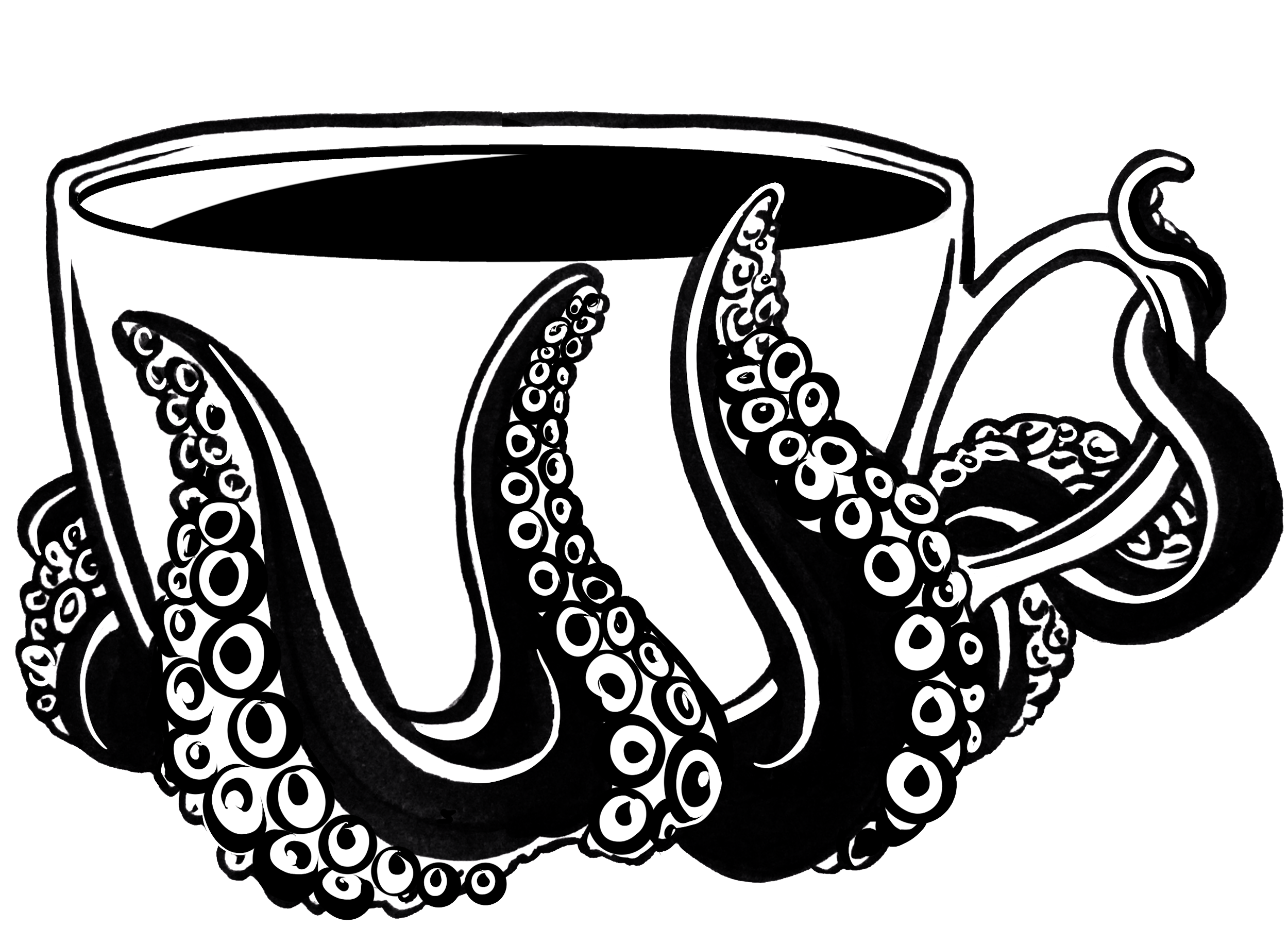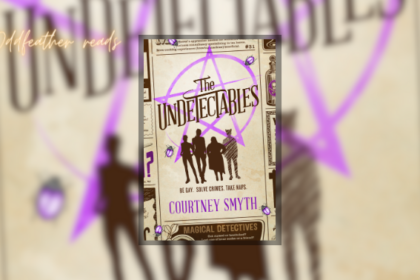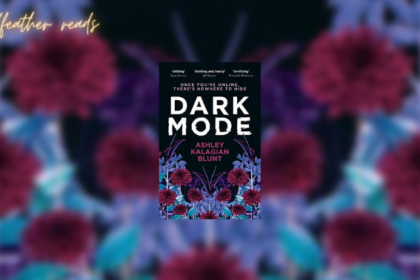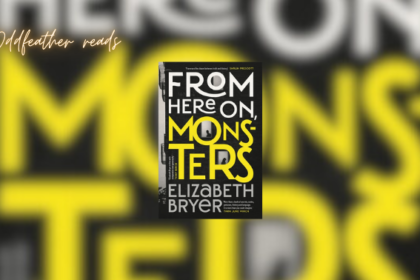They Shut Me Up is a novella about maligned women by Irish author Tracy Fahey.
This story explores themes of the patriarchal silencing of women, how folklore and legends originate, the seeking of empowerment, and the importance of finding and keeping one’s voice.
At just over 100 pages, Fahey gets right to the heart of the story quickly, which includes body horror elements and the anxieties of growing older as a woman.
The central theme of the story is of women being silenced, their voices taken away, and what it takes to reclaim those voices. Fahey’s protagonist, Annie, is a 50-year-old librarian in Ireland. During a traumatic birthday party that she didn’t ask for, she begins to experience strange symptoms. She hears the voice of a long-dead woman, someone who was demonised and killed for taking control of her life.
Annie fears that she’s going mad, that the menopause is making her lose herself. She seeks medical care and her male doctor callously dismisses her—a common experience for women and gender-diverse folk—but, eventually, she finds the help she needs.
The themes and ideas in this novella may, particularly, resonate with older women, who can feel invisible and powerless in the world. Fahey wraps the story on a note of hope, giving her protagonist connection, joy, and love in her life.
But there appear to be some glaring omissions that give the story some flatness. This reader expects an acknowledgement of protagonist Annie’s seeming privilege as a cis and white-coded woman without visible disability and in a better economic position than perhaps some. Despite the narrative focus on historical women who have been maligned, demonised, and punished for taking control of their lives, there’s a missed opportunity to relate this as still happening in the present day, giving this story more dimension and rendering its message more meaningful.
But this is a short book focusing on one corner of the world, through the eyes of one character, so it cannot do everything.
They Shut Me Up is for readers interested in historical figures, particularly women demonised for taking control of their lives—this is a novella that deeply explores the humanity of that experience.
This review first appeared in Aurealis magazine, issue #167.





